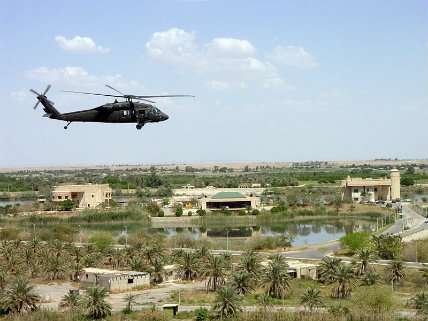David Harsanyi on America's Legacy in Iraq

Earlier this week, Iraq's armed forces in Mosul—trained by the United States to secure the well-being of its people—reportedly dropped their guns, shed their uniforms, and surrendered to black-flag-waving Sunni insurgents in a mere four days. About a half-million civilians have left the second-largest city in Iraq to flee what is surely going to become a hotbed of beheadings and other assorted acts of jihad. And now the "Islamic State of Iraq and Syria" has almost complete control of Tikrit.
Some will now argue that doing nothing would mean that more than 4,400 U.S. troops and over $700 billion was wasted in a war that ended but was not won. Perhaps, writes David Harsanyi. But a more important matter is this: Would the death of another 4,000 or 400 or four bring about a preferable outcome or a set of conditions that allow the United States to convincingly declare victory? If a decade of nation building brought us this, what could we possibly gain by seriously re-engaging?


Show Comments (0)